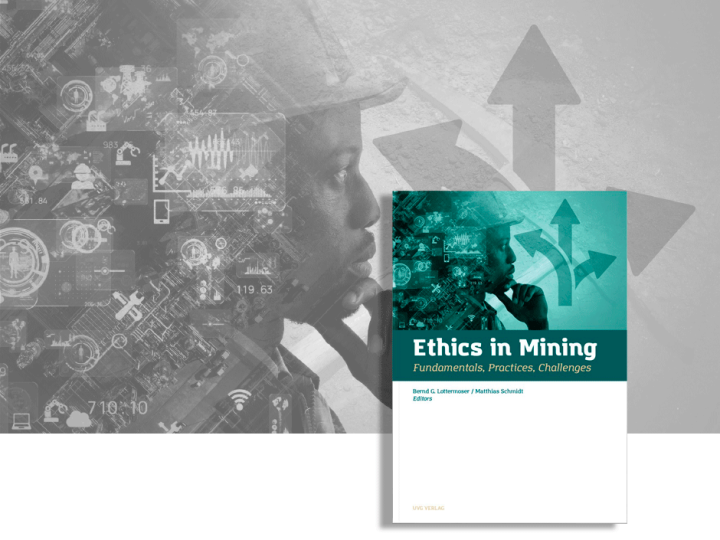Ethics in Mining

About this book
The Russian war of aggression against Ukraine and the use of energy sources as a means of exerting political and social pressure dramatically illustrate the importance of raw materials. This current example of energy supply is exemplary for a large number of raw materials that play a key role in our economic and social lives. The global demand for raw materials is constantly growing. Take metal raw materials, rare earths and industrial minerals, for example, which are needed to maintain our standard of living. The extraction of raw materials and their supply chains have global dimensions and affect not only economic and political interests, but also the fundamental ethical and moral concerns of affected communities.
Raw materials engineers plan, organise and monitor the extraction of raw materials. Extractive engineers work in a field of tension between technical feasibility, economic profitability, legal protection and ecological and social responsibility. However, the training of raw materials engineers has so far lacked the teaching of basic ethical knowledge that would enable future engineers to recognise and evaluate ethically questionable situations and form their own sound judgement.
The following chapters aim to help close this gap and invite engineers and other interested parties - both in science and practice as well as in education or in the profession - to deal with ethical issues in the raw materials sector. Fundamental issues, practices in the extractive industry and the challenges it faces are highlighted. These will be made tangible using case studies.
Bernd G. Lottermoser /
Matthias Schmidt (Ed.)
with contributions of
Anna S. Hüncke, Nina Küpper and Sören E. Schuster
Publisher: UVG-Verlag
Year of first publication: 2024 (Work In Progress)
ISBN: 978-3-948709-26-6
Licence: Ethics in Mining Copyright © 2024 by Bernd G. Lottermoser/Matthias Schmidt is licensed under Attribution-ShareAlike 4.0 International Deed, except where otherwise noted.


Further Informationen:
Project "Ethics in Mining"